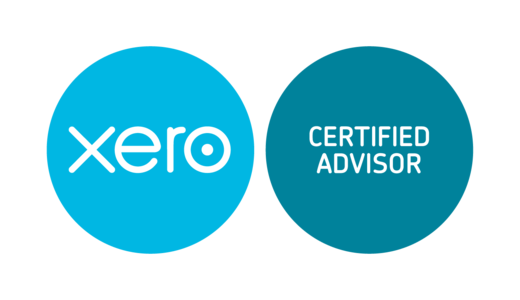If you’ve heard the phrase ‘director’s loan’ but are not sure exactly what it means, we’ll take a quick look. Director’s loans are actually very common and can be useful when you’re running a business
What is a director’s Loan?

A directors loan is most commonly money you take from a business that is not a legitimate expense, salary, expense repayment, dividend, or money you’ve previously repaid to a company that you’re taking back. It can also mean money you ‘lend’ to a business that you intend to take back at some point.
These payments should be carefully logged in a ‘directors loan account’ and accounted for to avoid penalties
What is the director’s loan account?
The director’s loan account is where you keep track of all the money either borrowed from or lent to a company. These types of transactions are most commonly to cover start-up costs, to help cash-flow problems, or to cover unexpected bills
A company doesn’t have to charge interest on loaned money, and in some circumstances, tax and national insurance may be payable on a loan
Is there a legal limit on the amount of money a director can borrow from a company?
There is currently no legal limit on the amount of money that can be borrowed from a company, however, loans of £10,000 or more will automatically be classed as a ‘benefit in kind’ and must be reported on a self-assessment tax return
When do director’s loans need to be repaid?
A director’s loan must be repaid within nine months and one day of the company’s year-end, or it will be subject to a heavy tax penalty – an unpaid balances at that time will be subject to an S455 corporation tax charge (currently 32.5%).
This tax can be claimed back (although this can be a lengthy process).
What are the rules about lending money to a company?
You can lend money to a company – and this actually very common – however, any interest paid to you should be declared as income. The interest paid is classed as a business expense, but corporation tax is not payable on the amount.
Summary
This article is a very brief rule-of-thumb guide to the basics of director’s loans and doesn’t include everything you need to know. If you are considering lending to, or borrowing from your business, please be sure to get professional advice first. Have a look at the UK HMRC Director’s Loan overview or give us a call







